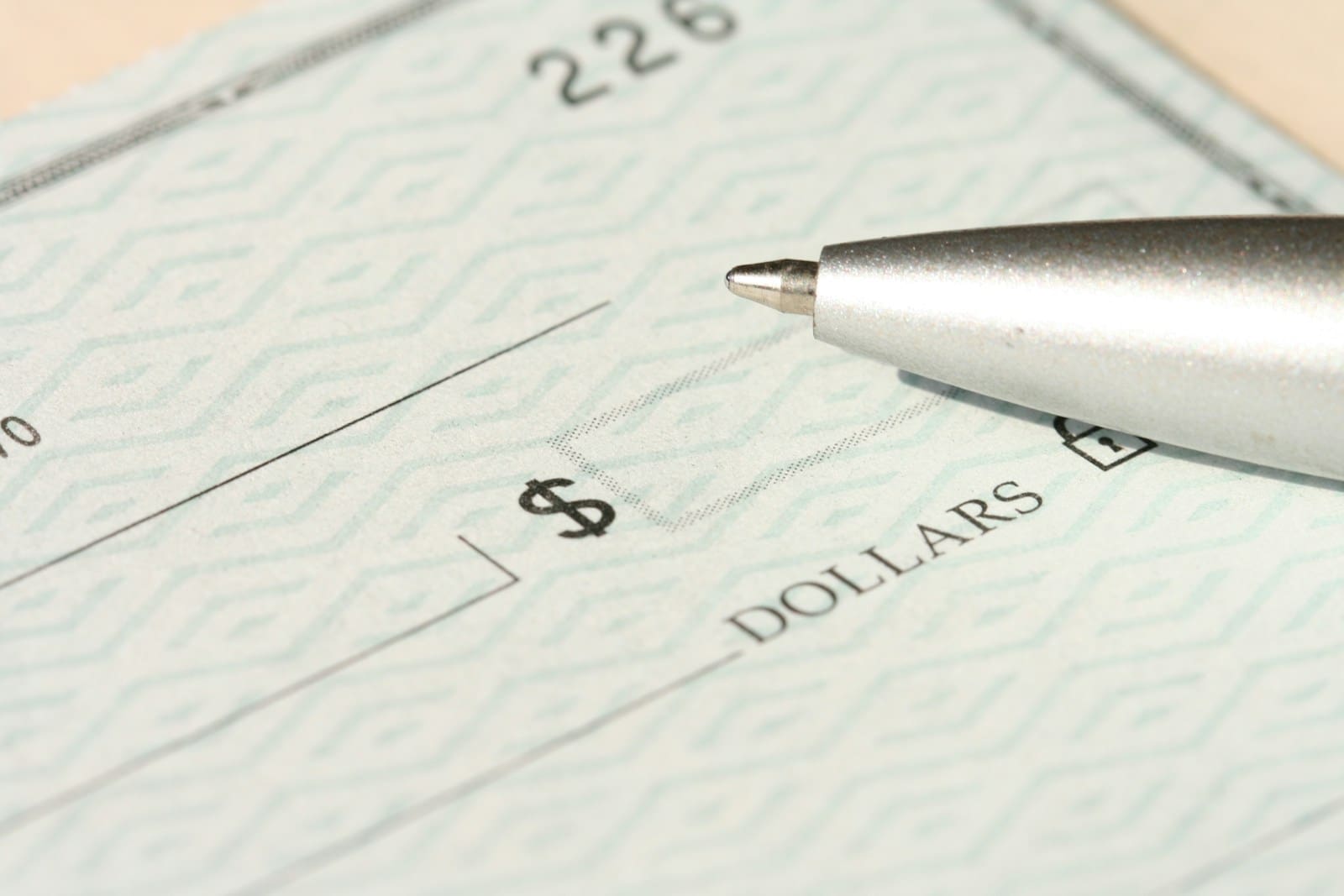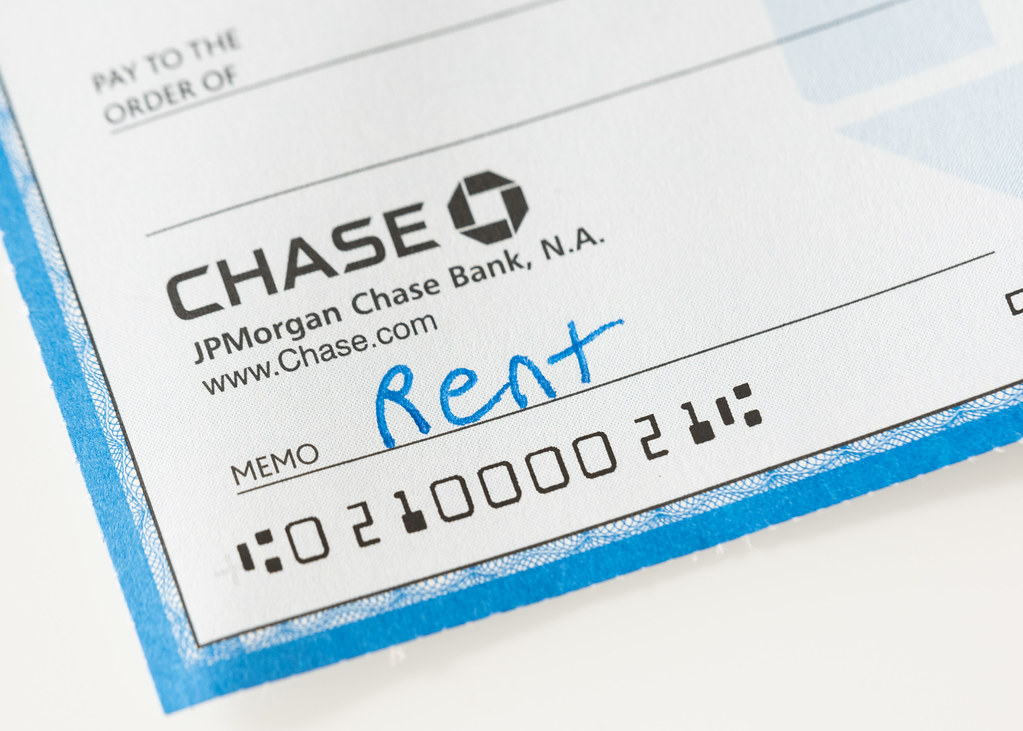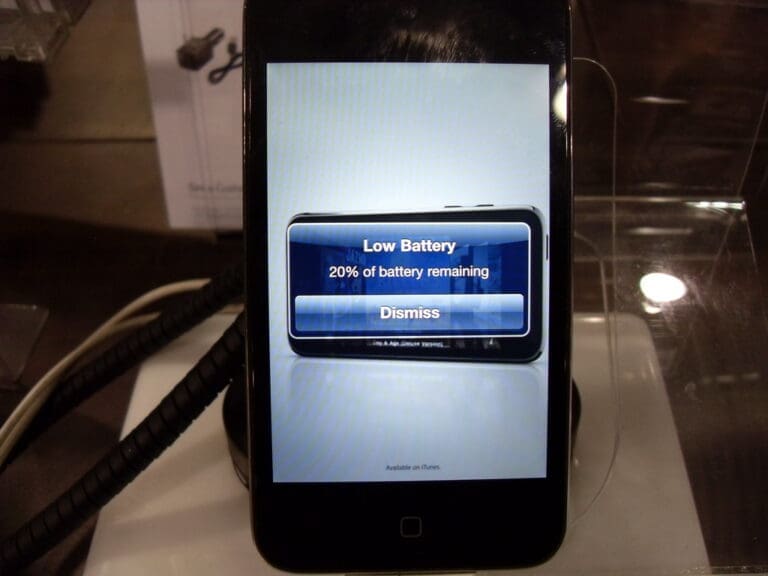The internet is an amazing tool, but it can also be a breeding ground for scams that try to steal your money or personal information. Knowing about popular scans and schemes can help you avoid them. Here are some helpful tips on how to spot them before it’s too late.
1. Phishing Emails

Phishing emails look like real messages from trusted companies, like your bank. They usually have a link or attachment that, if clicked, can steal your personal information. Always double-check the sender’s email address, avoid clicking on strange links, and never share sensitive information by email.
2. Fake Online Stores

Scammers sometimes make fake shopping websites that look real, and will sometimes offer deals that are too good to be true. These sites will take your money without sending you anything. Look for customer reviews, check the contact information on the site, and avoid unrealistic deals. Stick to well-known online stores if you’re unsure.
3. Tech Support Scams

Tech support scammers pretend to be from big tech companies and tell you there’s a problem with your computer. They ask for remote access or payment to fix it. Always remember that real tech companies won’t contact you out of the blue. If you get a call like this, hang up right away and don’t share any information.
4. Romance Scams

Some scammers make fake profiles on dating websites or social media. They build a relationship with you and then ask for money, usually for some kind of emergency. Be careful if someone you meet online quickly says they love you or asks for money. Never send money to or share personal details with someone you haven’t met in person.
5. Lottery and Prize Scams

These scams say you’ve won a big prize, but you have to pay a fee or share personal information to claim it. If you didn’t enter a contest, you can’t win. Real contests will never ask for money to get your prize. Ignore these messages and don’t share your financial information.
6. Investment Scams

Investment scams will promise you high returns with little to no risk. They’ll pressure you to invest quickly without doing research. Be skeptical of investments that seem too good to be true, and always talk to a trusted financial advisor before investing. Don’t fall for one-day only “deals.”
7. Job Offer Scams

Job offer scams promise easy, high-paying jobs but ask you to pay for training or equipment. If a job offer seems too good to be true, it probably is. Credible employers won’t ask you to pay to get the job. Research the company and their online reviews from employees carefully before accepting any offers.
8. Online Auction Scams

These scams make fake listings on auction websites where you either never get the product or you receive a fake one. To avoid this, only use well-known auction sites and check any seller’s reviews. Be cautious of deals that are way cheaper than they should be.
9. Government Impersonation Scams

There are scammers who pretend to be government officials and say you owe money or are in trouble. They’ll use threats to scare you. Government agencies will never ask for immediate payment over the phone or threaten you with arrest. Hang up and contact the agency directly using their official contact information.
10. Charity Scams

Charity scams often happen after natural disasters, asking for donations to help victims. Before donating, check if the charity is real through trusted sites like Charity Navigator. Don’t feel pressured to donate right away, especially if someone contacts you without you asking.
11. COVID-19 Scams

These scams involve fake offers for COVID-19 cures, treatments, or vaccines. Scammers may also pretend to be health organizations to steal information. Double check health information on official websites and never click on suspicious links.
12. Fake Check Scams

Fake check scams happen when someone sends you a check, asks you to deposit it, and then sends some money back. The check eventually bounces, and you’re left paying the full amount. Never deposit checks from people you don’t know, especially if they ask for money back.
13. Online Shopping Scams

Online shopping scams involve fake websites or ads selling products that are either fake or never delivered. Look for verified reviews and be very careful when buying from unknown websites.
14. Travel Scams

Travel scams might promise you amazing deals on vacations, hotels, or flights. They’ll ask for payment upfront, but never deliver anything. Always book travel through well-known companies, and verify all offers before paying.
15. Fake App Scams

Scammers can make fake apps that look like real ones, but all they do is steal your information or install harmful software. Only download apps from official app stores, and read customer reviews to make sure they are legitimate.
16. Overpayment Scams

Overpayment scams happen when someone sends you more money than you asked for when selling an item. They ask you to refund the extra money, but the original payment is fake, so after you’ve paid them with your own money the original will bounce. Avoid accepting overpayments and only deal with trusted buyers.
Read More: The 10 Biggest Sports Scandals In History
17. Cryptocurrency Scams

Cryptocurrency scams promise guaranteed profits or offer fake investment opportunities. These scammers may also pretend to be famous people to promote scams. Be careful of any investment offers, and always do research before investing in cryptocurrency.
Read More: Why Are So Many Kids Cutting Contact With Their Parents?
18. Subscription Renewal Scams

These scams involve fake emails or calls saying your subscription (like antivirus or streaming) is about to expire and urging you to renew it. Always verify these requests by logging into the service directly. Do not click on links in these messages.
Read More: Is Hypnosis Real? Are Hypnotized People Faking It?
19. Rental Scams

Rental scams involve fake rental listings that ask for a deposit before you see the property. Scammers often use stolen photos and descriptions. Always visit the property in person before paying, and don’t give in to the pressure to act fast.
Staying informed and being careful is the key to avoiding online scams. Always question unexpected messages, verify contacts through official channels, and trust your instincts—if something feels wrong, it probably is. It’s always better to be safe than sorry.
Read More: Rumors of Their Deaths Were Exaggerated: Celebrities Who Had to Confirm They Were Alive








